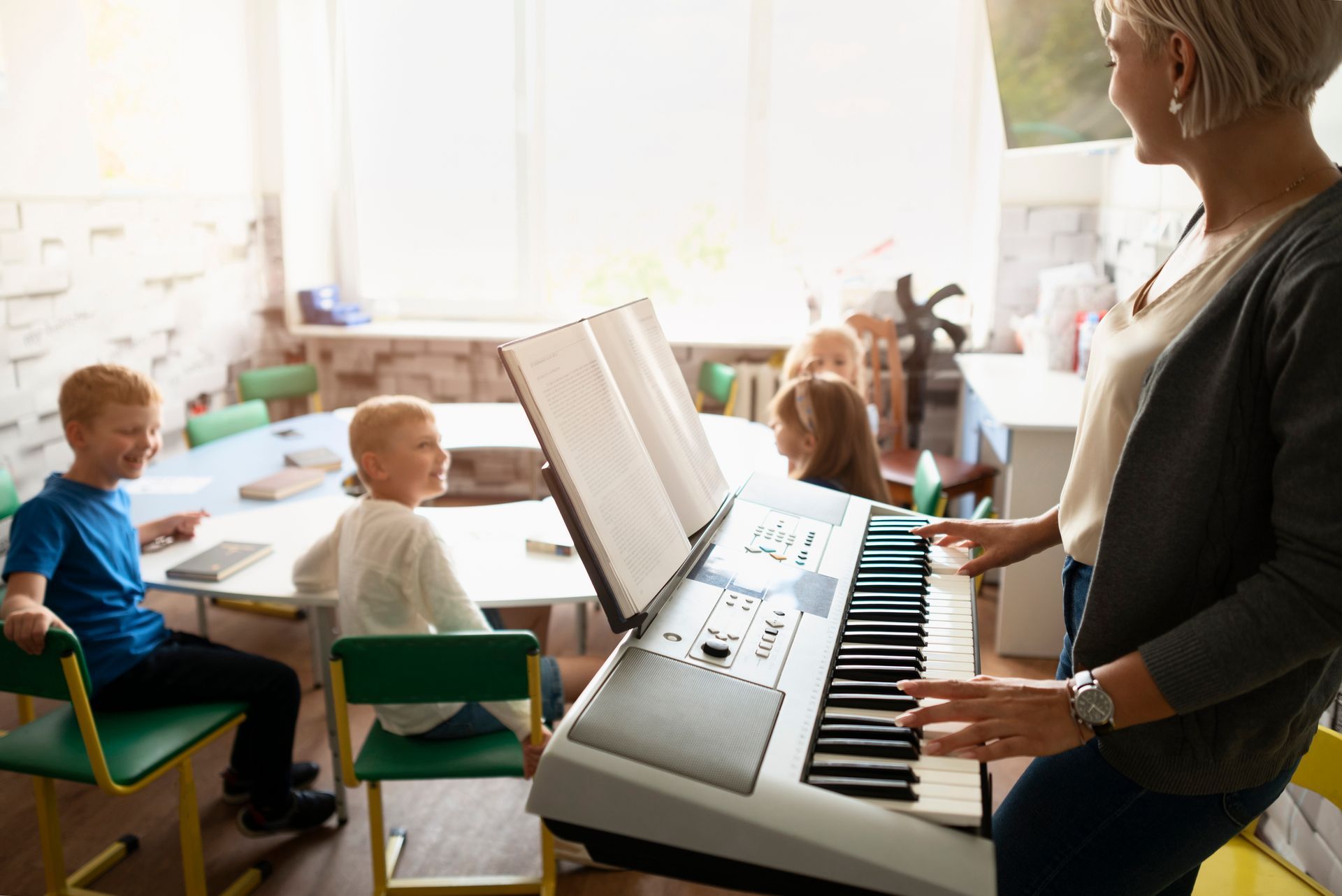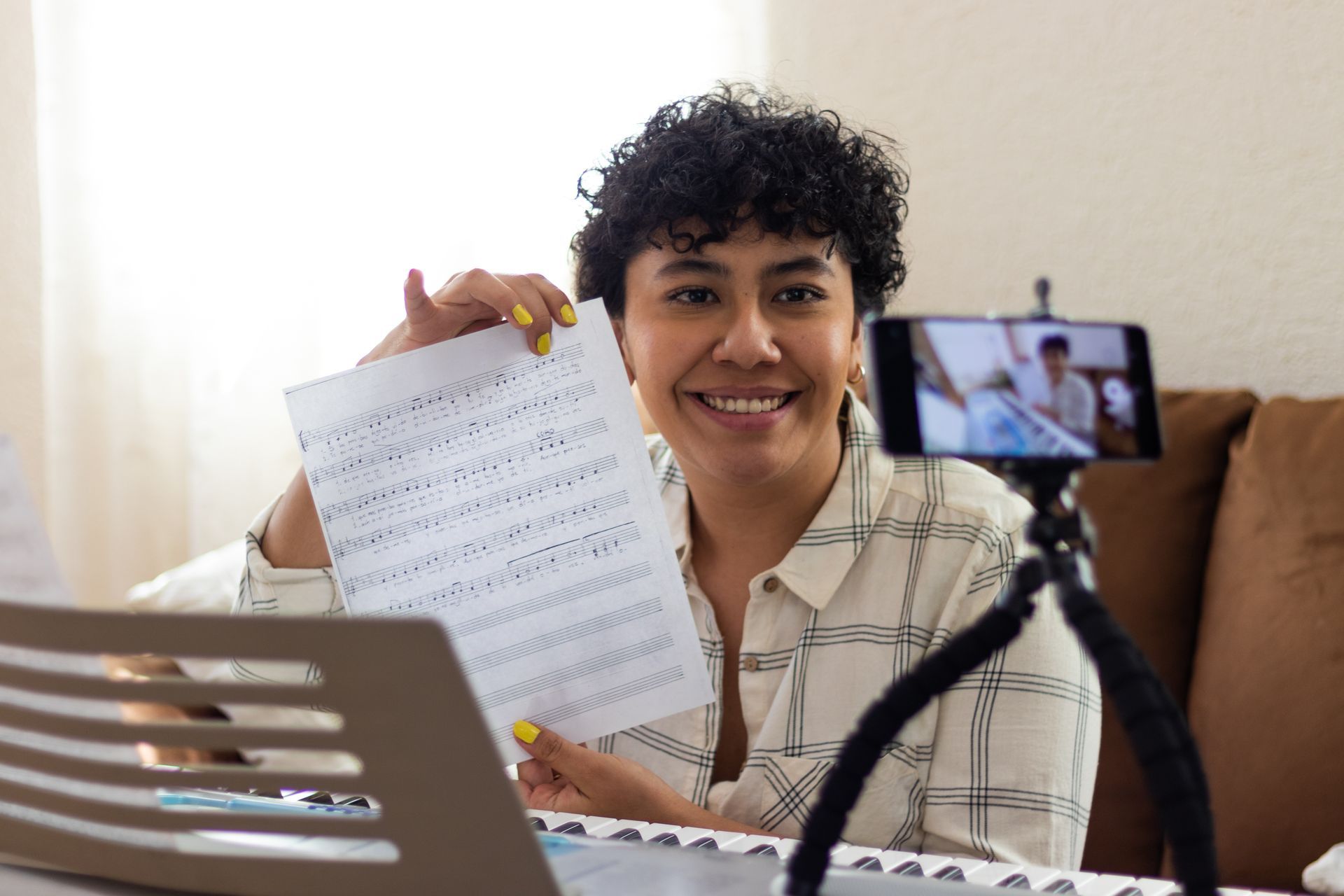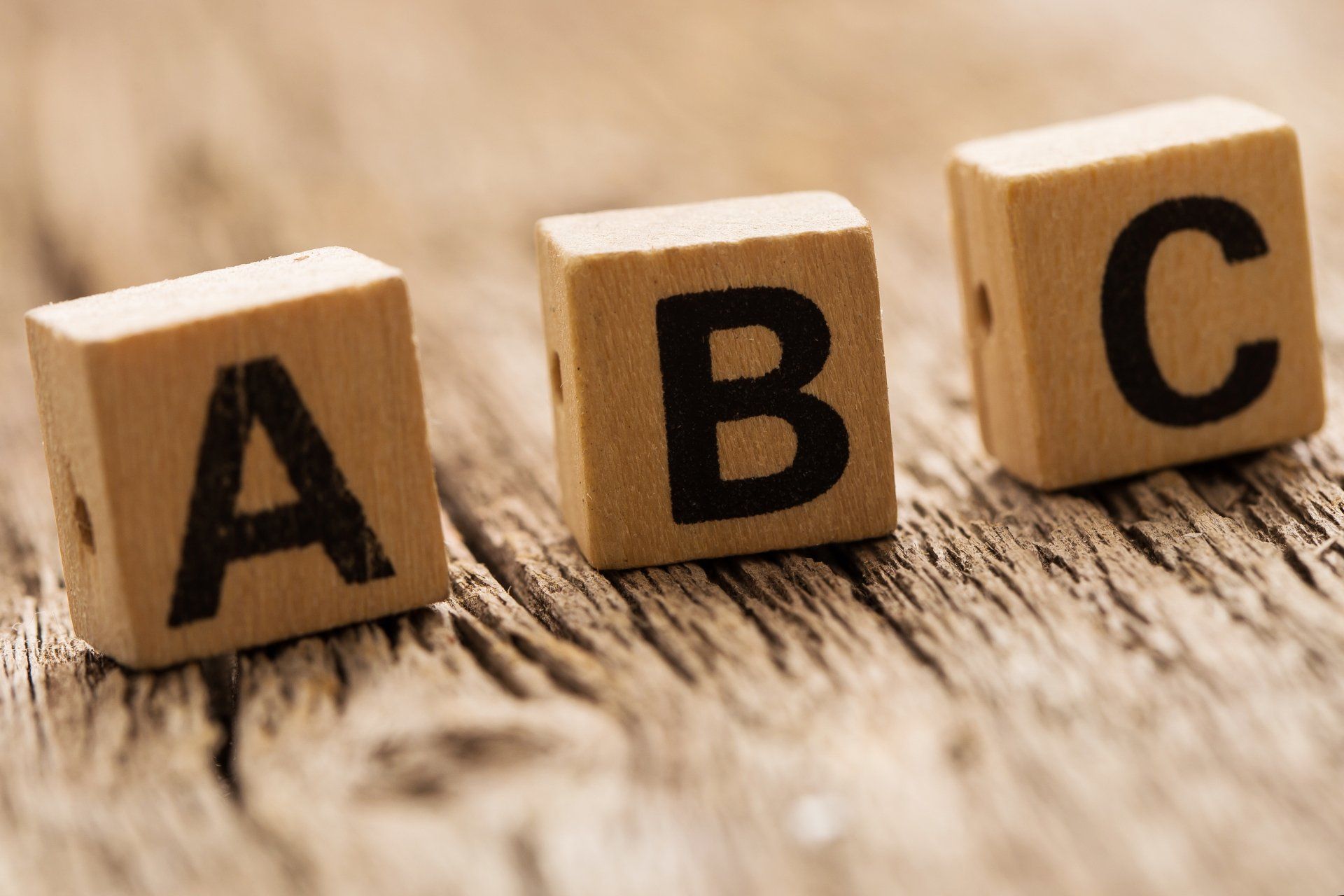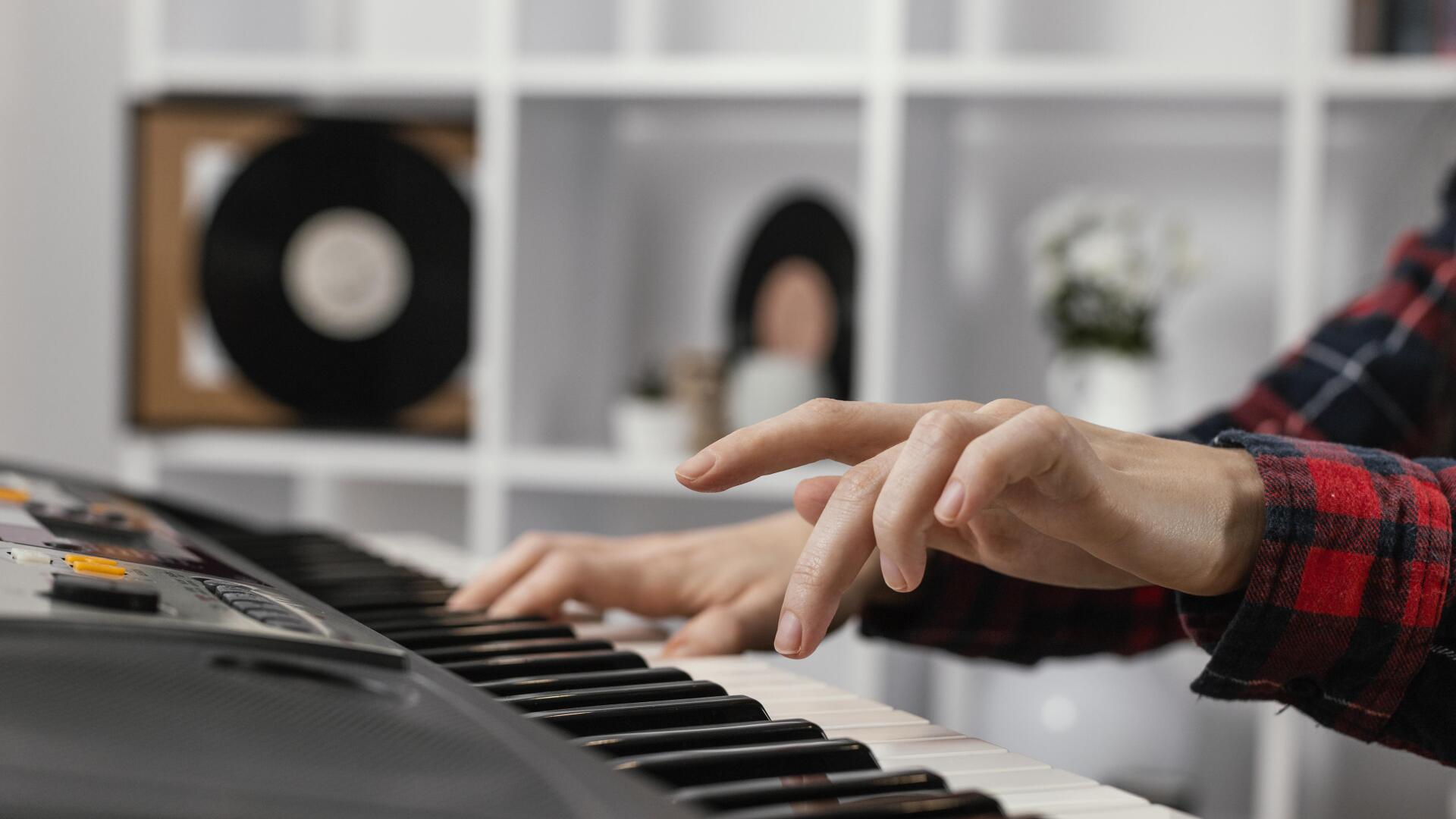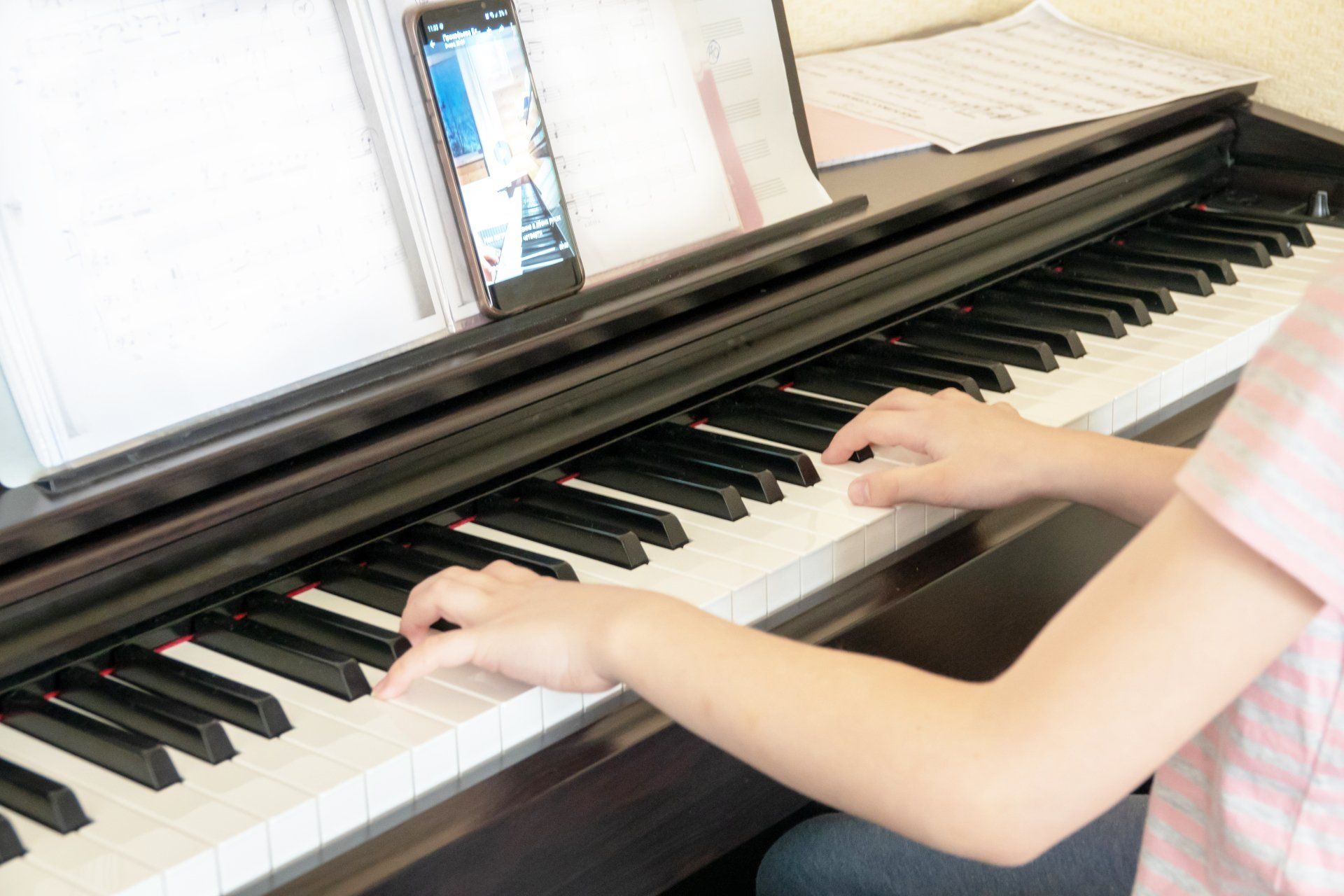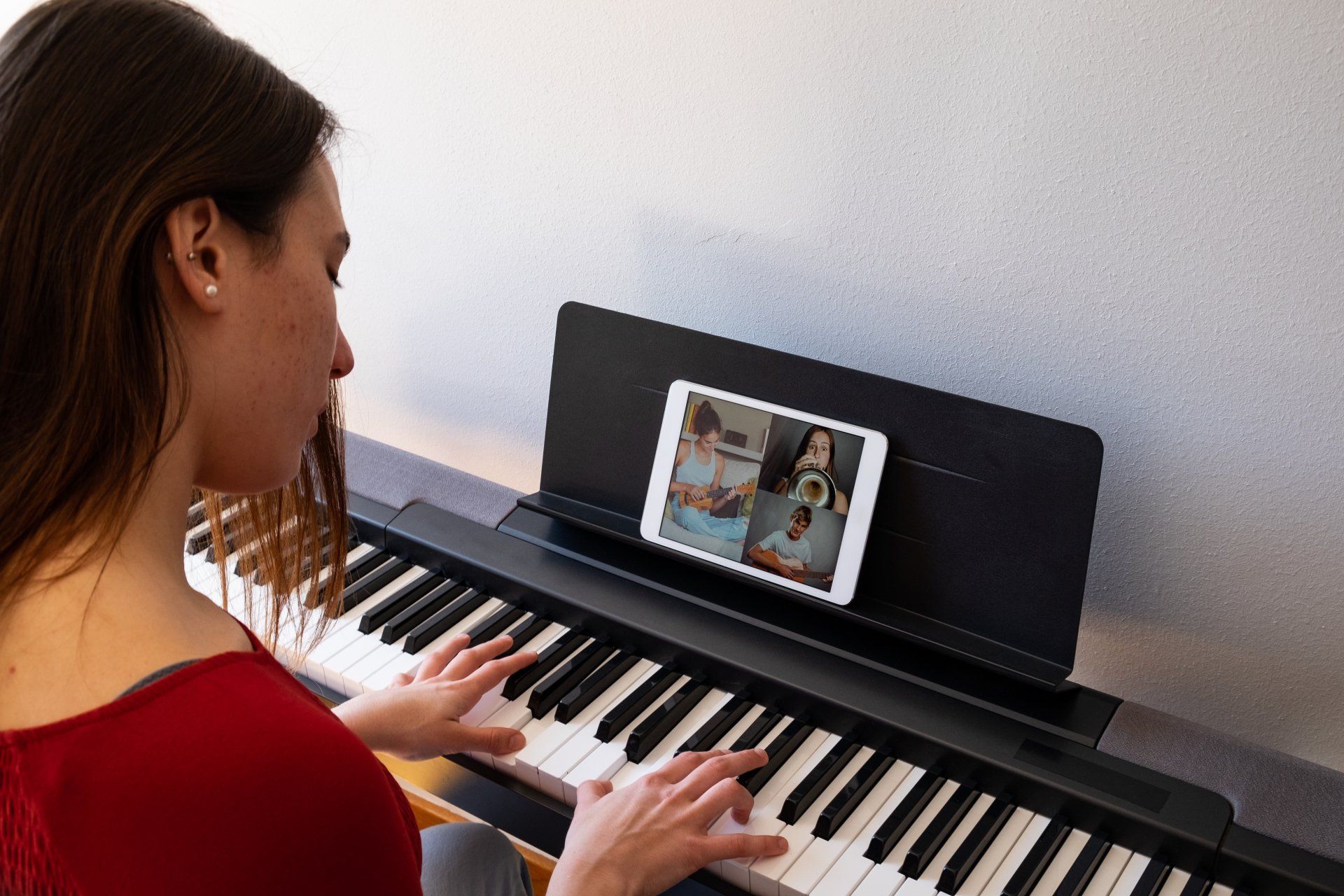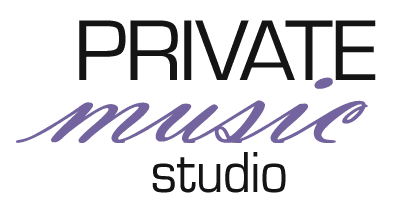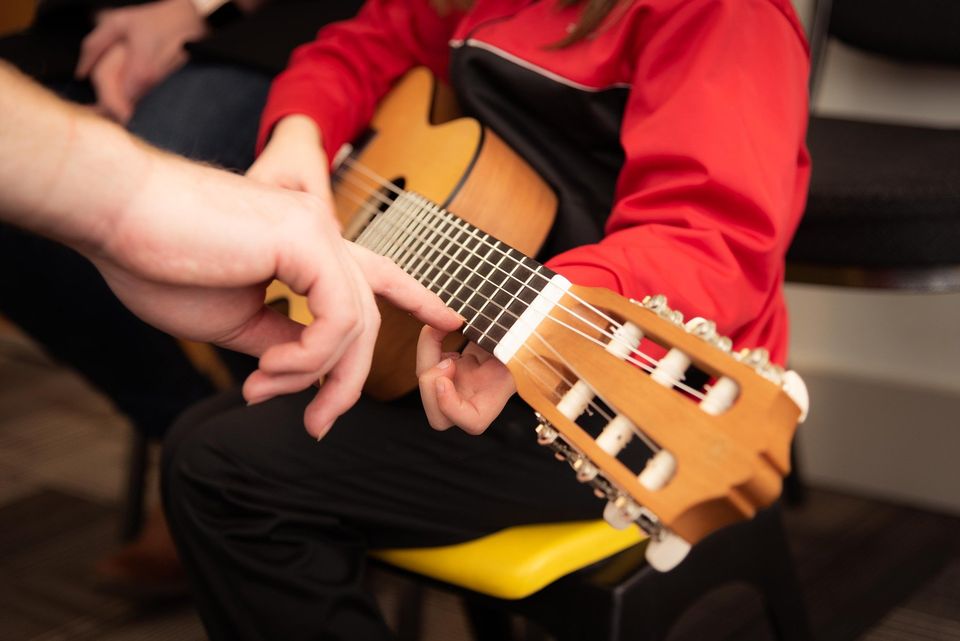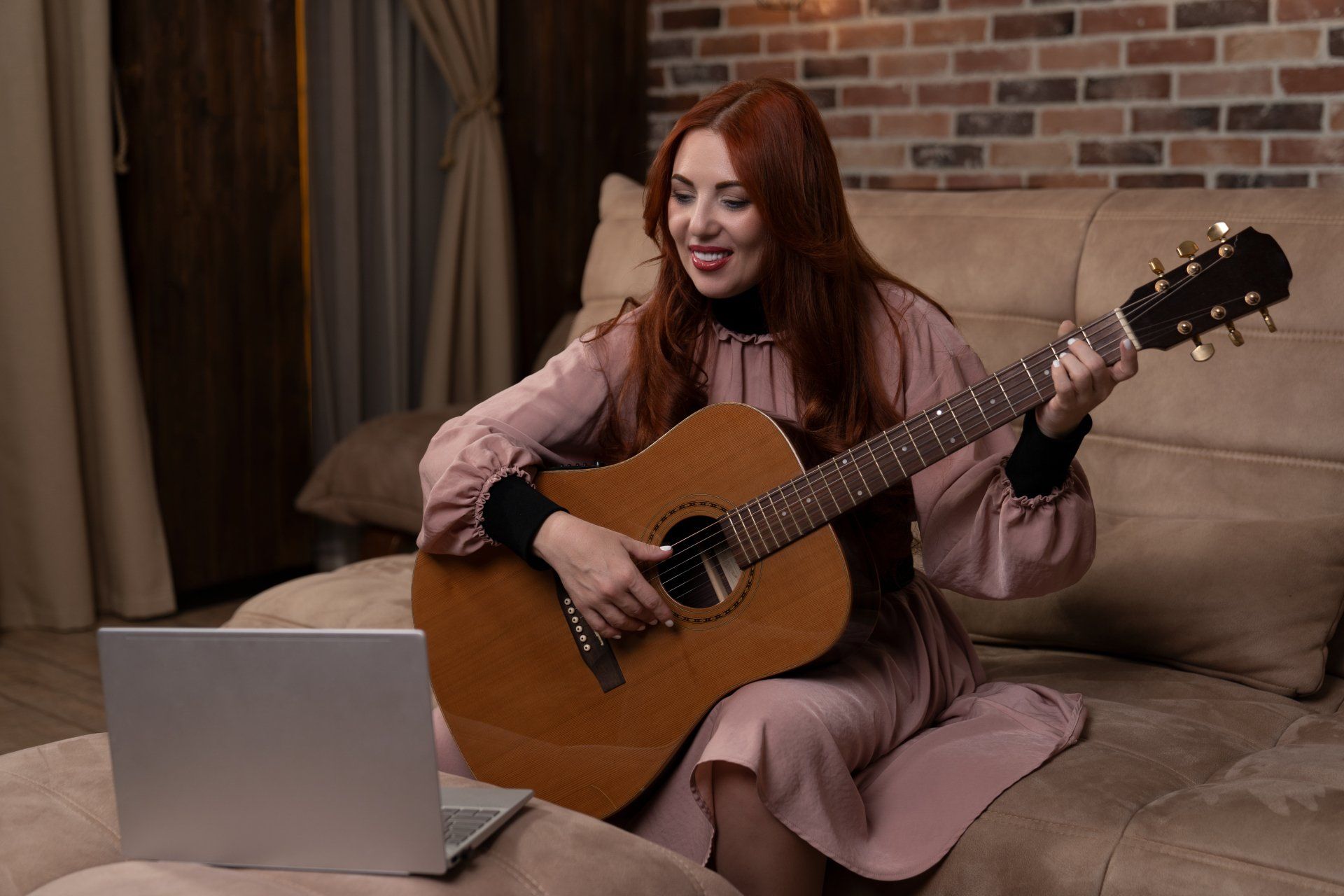By Mimi Butler
•
May 13, 2021
Adults are one of the fastest-growing demographics of music students, and they have their own learning styles, life experiences, capabilities, goals, and interests that shoul d be absorbed into their music education. Teaching an adult learner can be highly enjoyable and deeply enriching but there is a unique pedagogy in teaching adults versus children. What adjustments do you need to make in your approach to teaching adults as opposed to children? Music is one of the most effective ways to learn a new skill and hone an artistic talent. It is important to start with attainable practice and performance goals, and don’t be afraid to adjust them as you go along. All methodologies should be flexible and individualized for adult learners. Adults have a different style of assimilating new knowledge, and music is not a one-size-fits-all art. Knowing how to develop a curriculum appropriate to the adult learner will make lessons more effective, interesting, and successful for both the student and the teacher. In fact, building a foundation of formality while maintaining transparency can set both the adult learner and their teacher on a path towards boundless achievement. With adults, it is advisable to set boundaries from the beginning. For example, be clear and consistent about what the adult student should call you. While adults tend to want to have more input than a child about what they’re being taught and the pace of their learning, as the professional music teacher, you are in the best position to assess ability and create a realistic lesson plan for the adult learner. You will want to share your love of music with students of all ages and experience levels, and they are relying on your wisdom and expertise to help guide them. Teachers are in the best position to encourage continuous music education and learning. Adult learners may also wish to share more with you in between lessons, such as musical videos or recordings and themselves playing. Many adults have a musical past that can help inform their teachers about why they want to learn music now. Some adults feared learning a musical instrument because of a negative childhood experience that was embarrassing or discouraging. Is it a situation where they were told by adults then that they would not succeed? Other adult students perhaps never got the chance to play music as a child due to their family’s financial constraints or because music was under-appreciated at home. Recognize an adult’s experience with music as a starting point to help them achieve their goals. Once you understand your adult student’s musical past, that can help you build appropriate lesson plans and make them feel safe and supported in the present. Adult students can understand complex technical concepts, and they are more apt to pick up on the patterns and form of the music, which makes for a more meaningful, high-quality teaching experience. Adult students have been exposed to more life experiences and different forms of music, so they have a diverse and richer repertoire of musical styles to draw from, which is especially enjoyable for the teacher. They can usually understand music theory better in a shorter period of time and may even have better muscle control compared to children. This will of course depend on their age. Therefore, it is important that technical skills be introduced earlier to them. Older adults often need more reminders. Practice makes perfect, but unlike children who may not have a choice about studying or practicing music, if adults don’t make consistent progress, they may quit. Are they the kind of person who expects goals quickly and are they impatient? Consider how you can tailor your lessons to include an adult learners’ time constraints and how their schedules might impact the practice and study of music. While adult learners have longer attention spans than children to work on honing their craft, their schedules are busier. They juggle work, errands, volunteering, and time with family and friends so their practice and lesson schedules may be inconsistent, which takes more patience on your end. Weekly lessons and daily practice may be more erratic with them, which is why as long as the student is being reasonable, you should be, too. Adult learners who never studied music may need guidance in understanding the importance of regular practice, and how to practice effectively. Chances are, adult students have been out of school for awhile, and they may need help learning how to flex their music practicing muscles! Adults may challenge their music instructors in ways children do not, requiring a more comprehensive explanation of concepts during each lesson and will need logical clarification. Music instructors teaching adults need to know how hard to push them, how to answer their questions, and how to get them to the next level. Adult learners tend to struggle with a level of self-consciousness that young students don’t necessarily possess to the same degree. Adults may be more disciplined at setting goals than children, and in turn, are more motivated and driven to succeed. Since they’re paying for lessons themselves, the level of dedication is often higher, increasing the likelihood that they will attain or exceed their own expectations and benchmarks. However, don’t forget to enforce your payment and lessons policies with adult students. There is no shortcut to success in teaching music to adult learners. Perseverance, effort, patience, and commitment are needed by both the teacher and the student to maximize success and satisfaction. During the learning process, it is normal for adult students to face obstacles, some of which are described above. Don’t forget they often need more compliments with follow-ups !!
